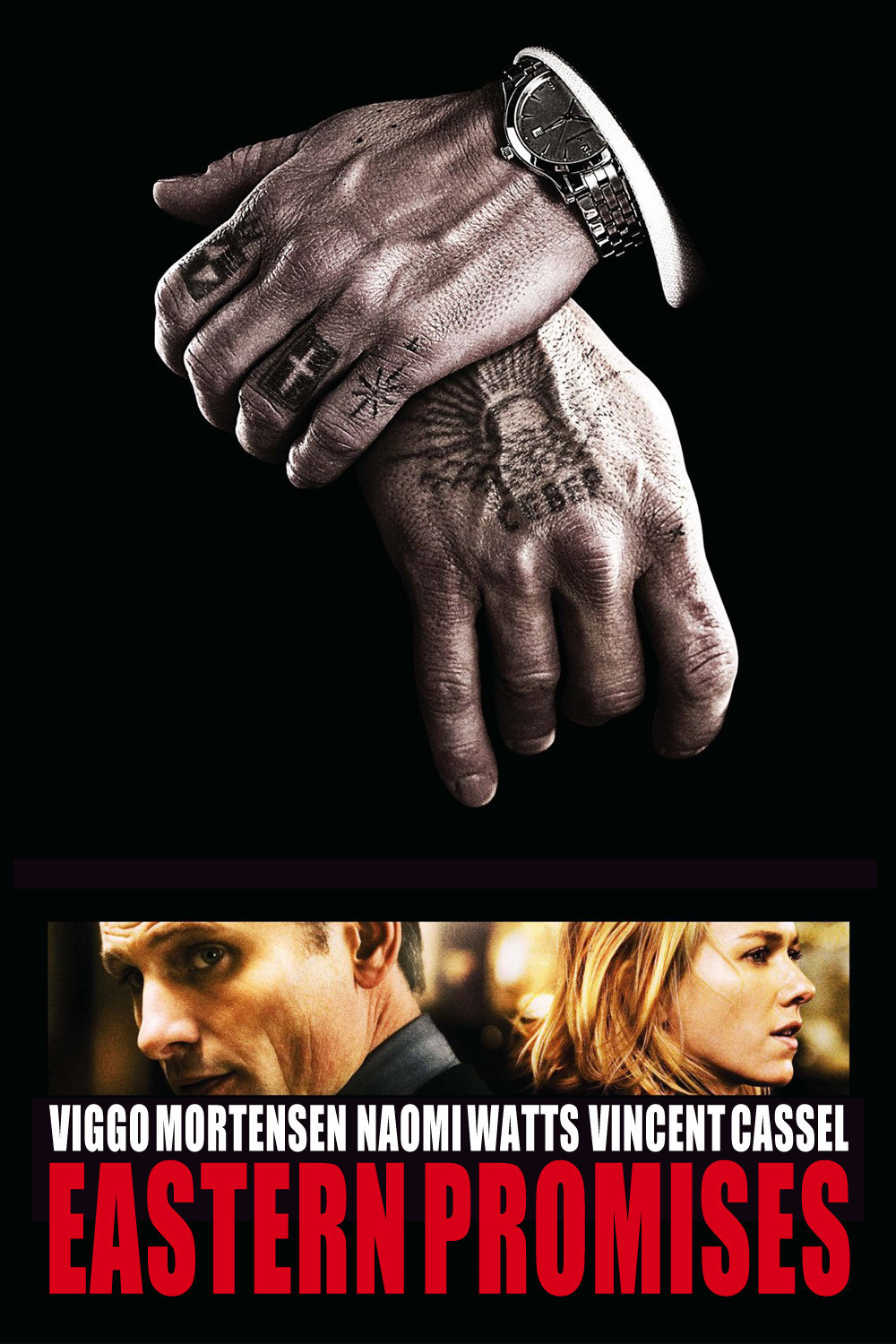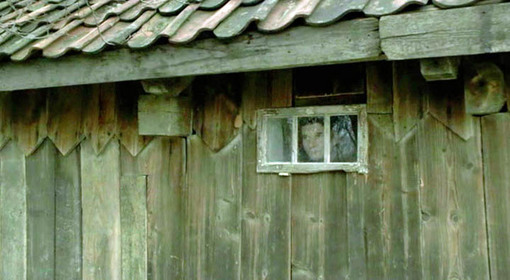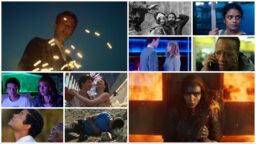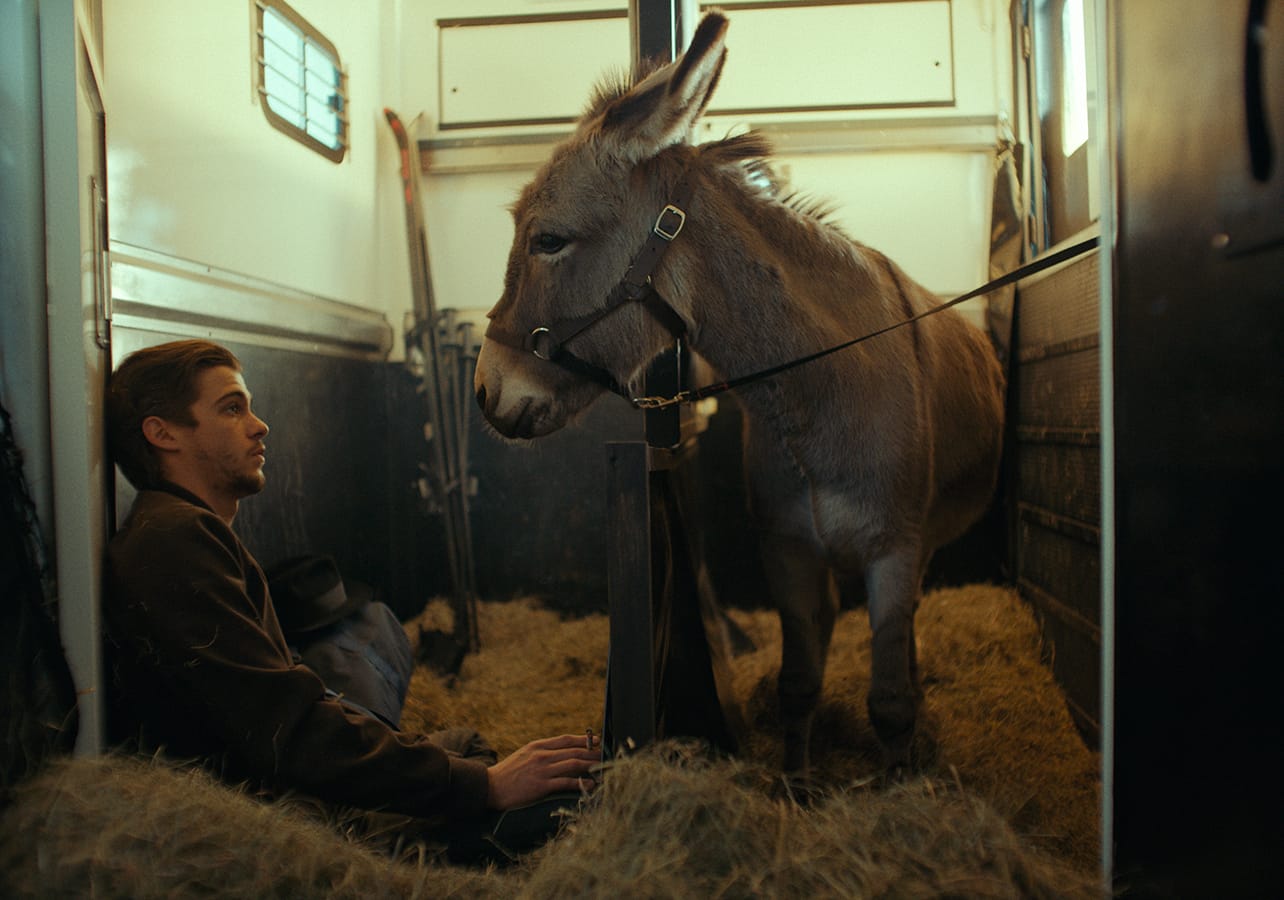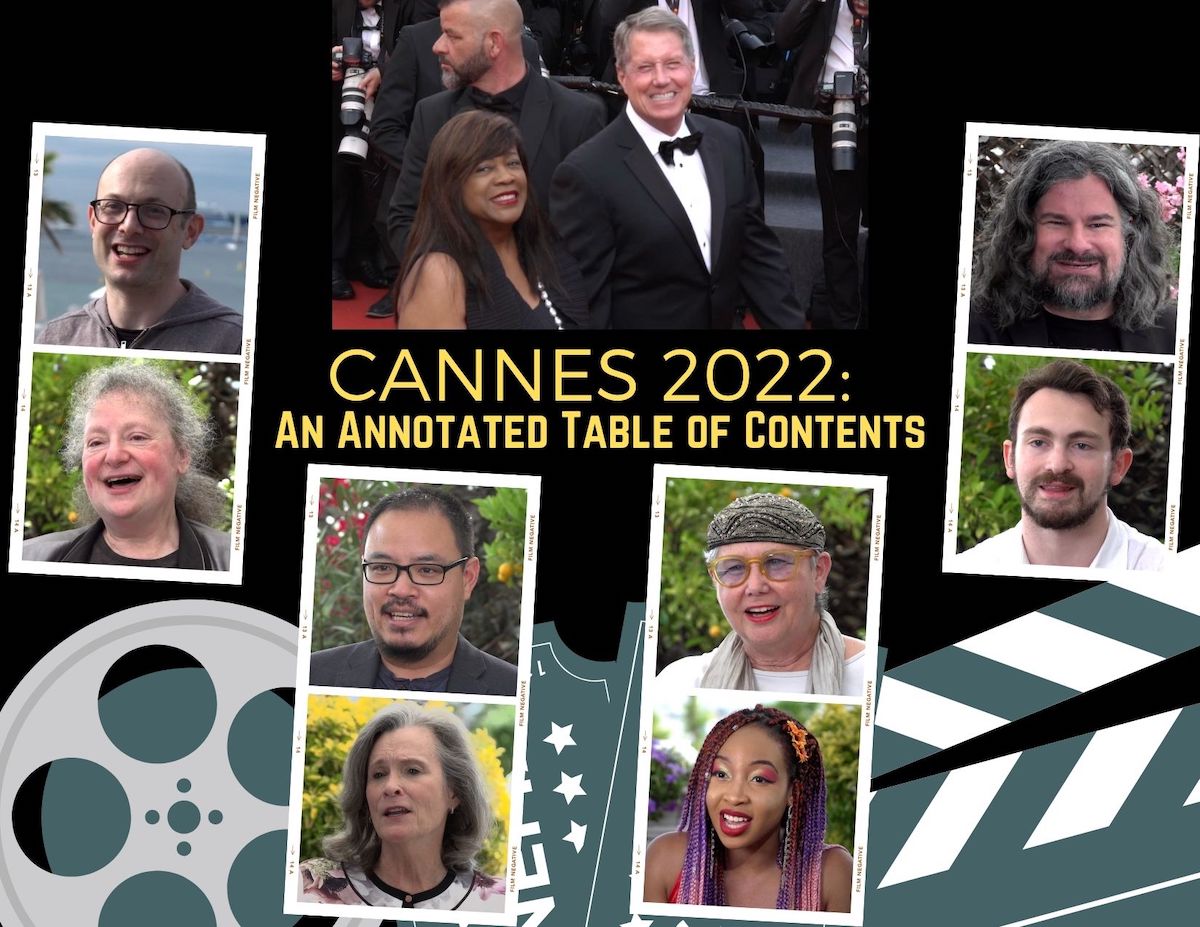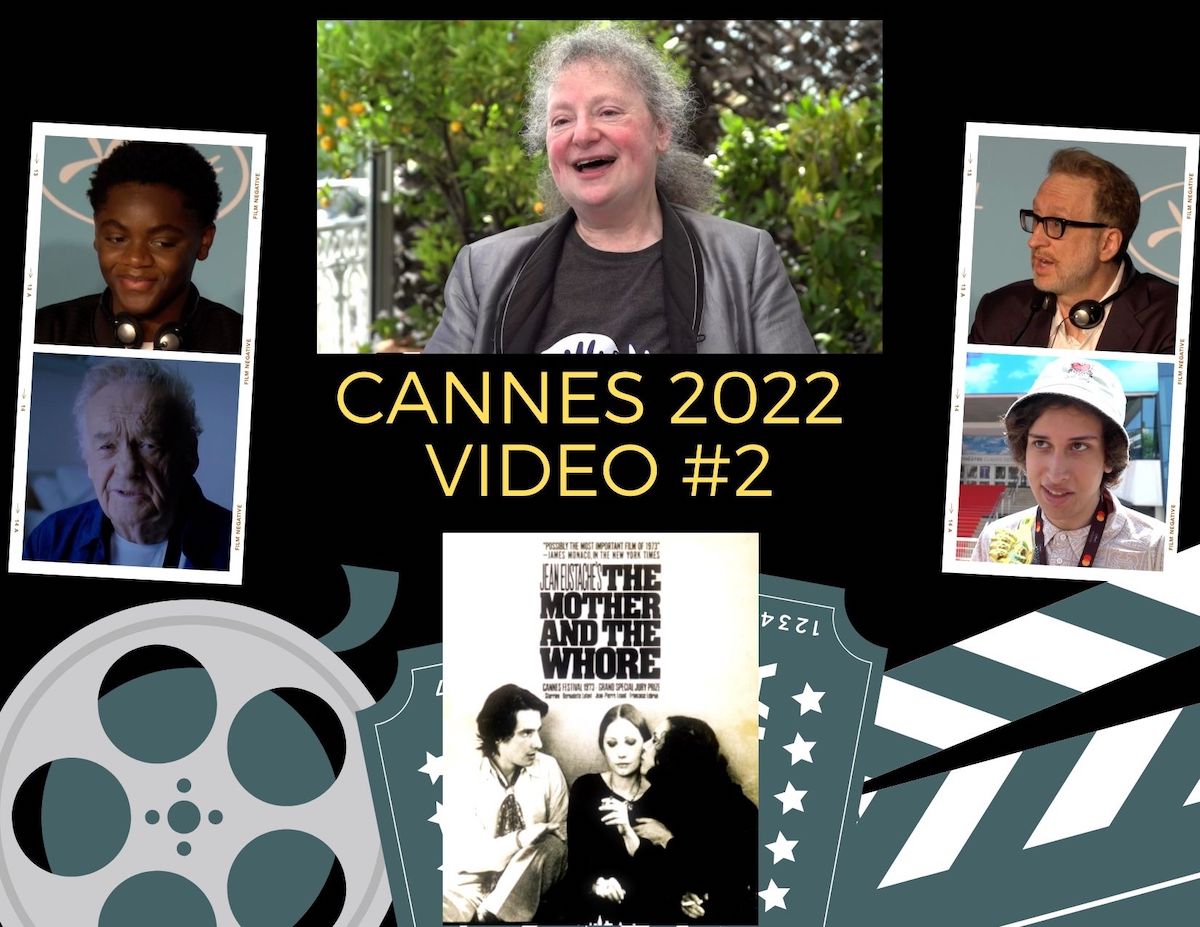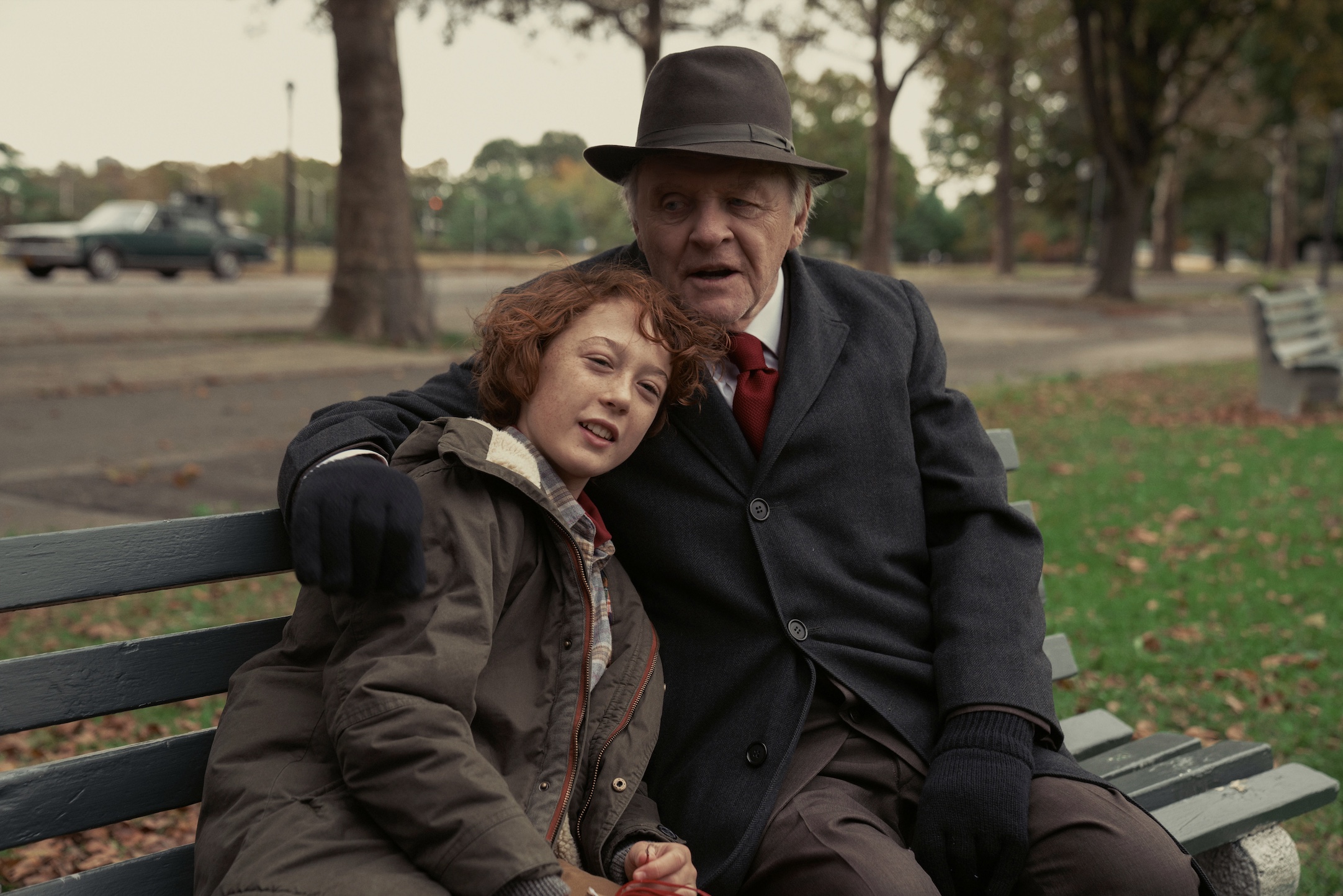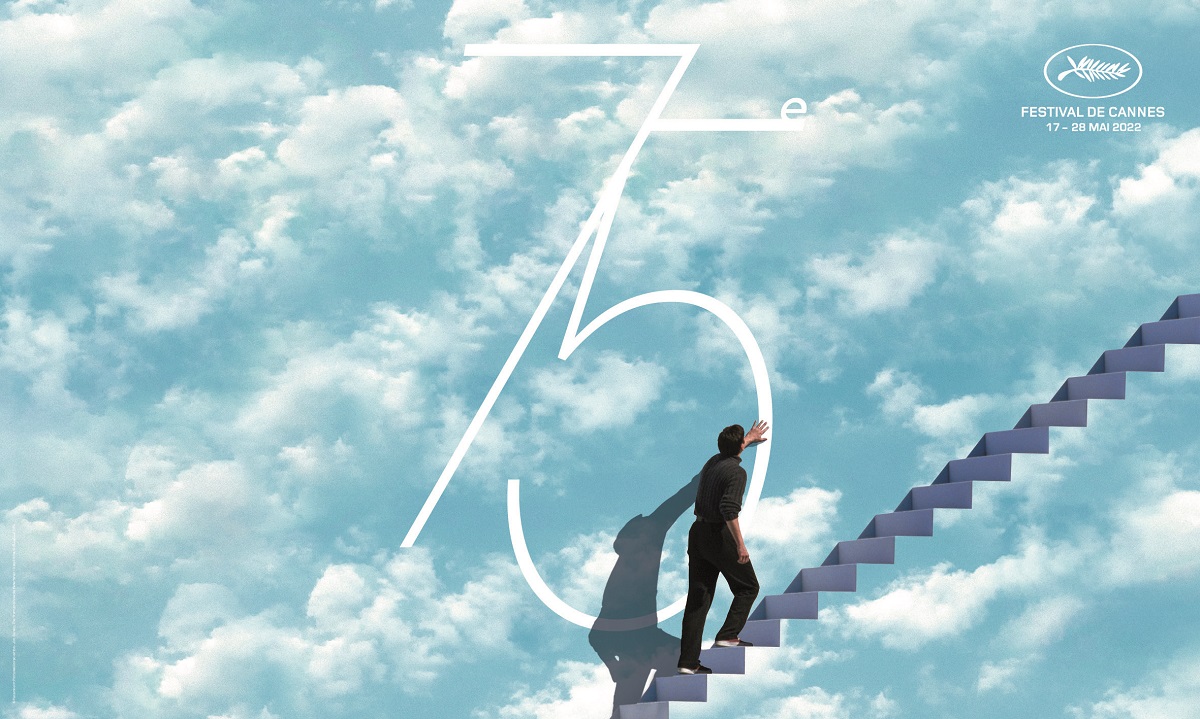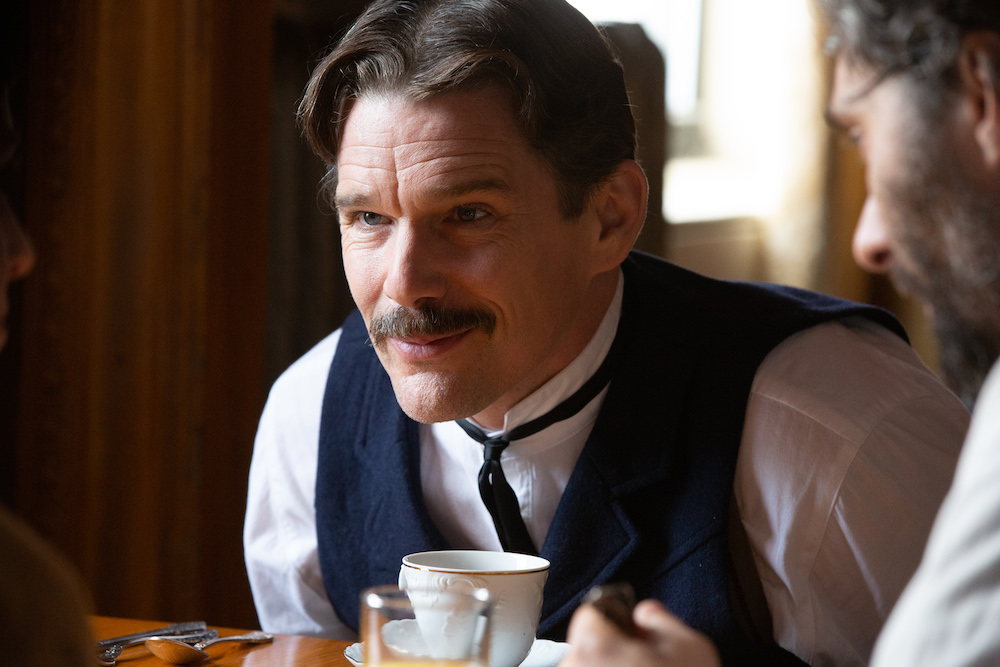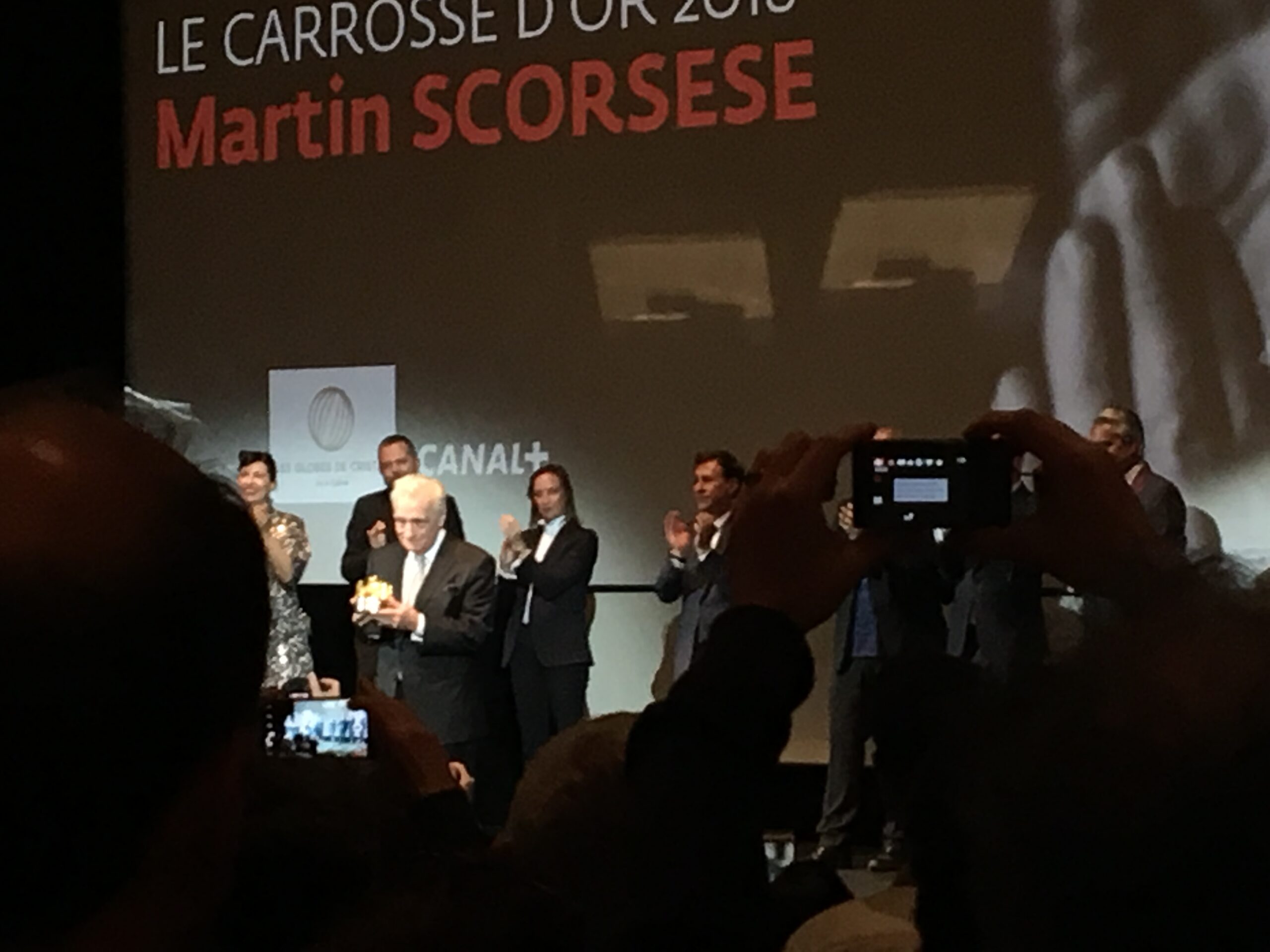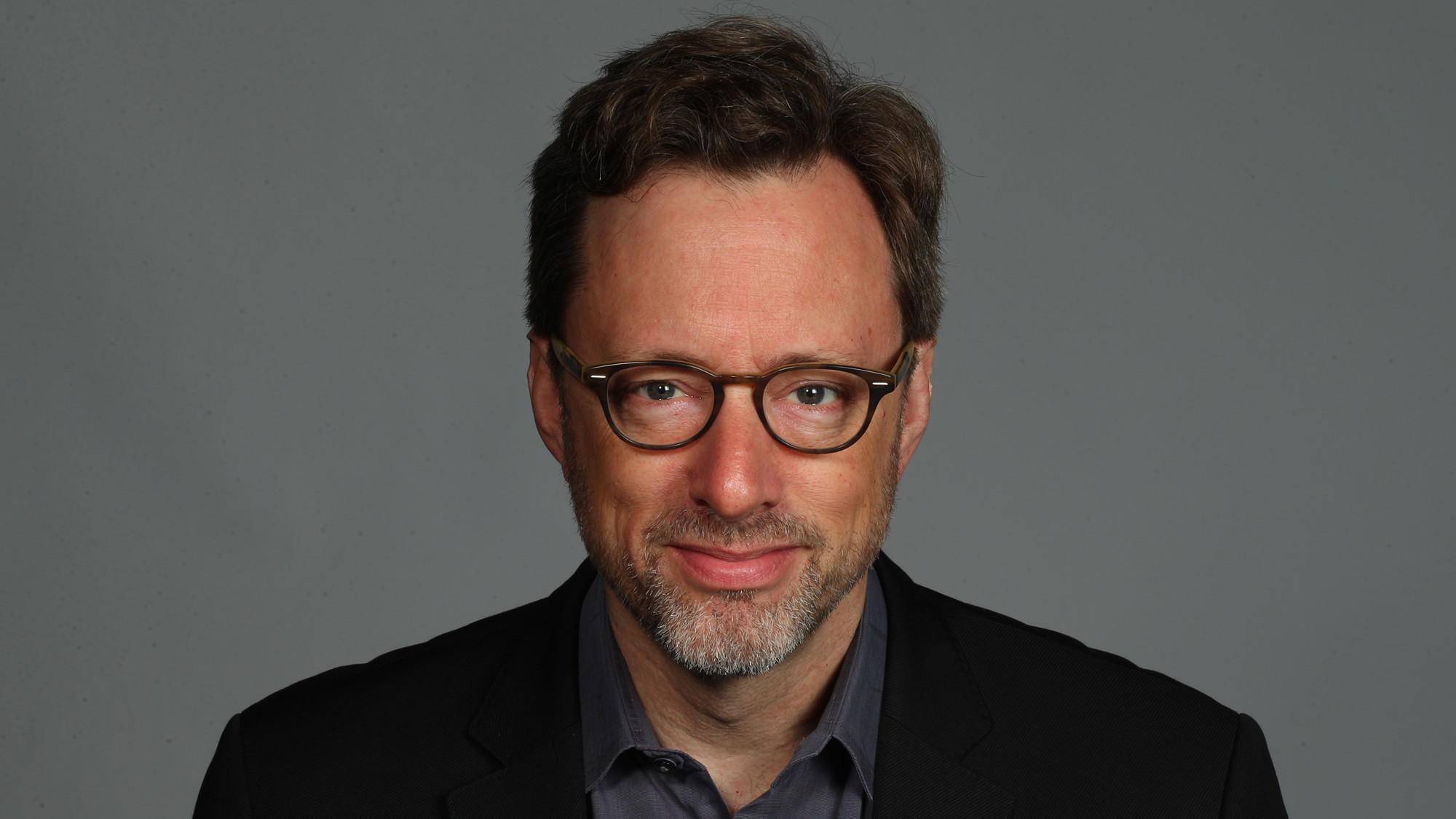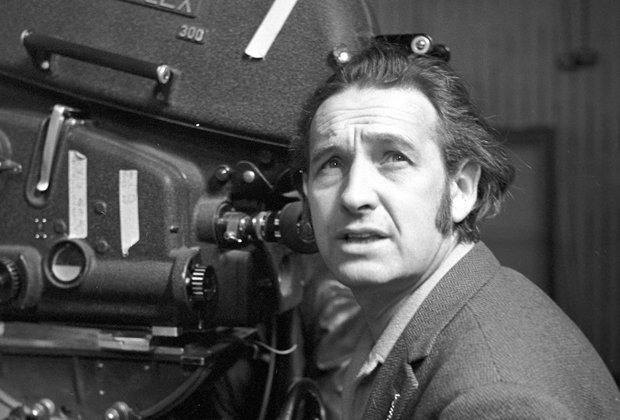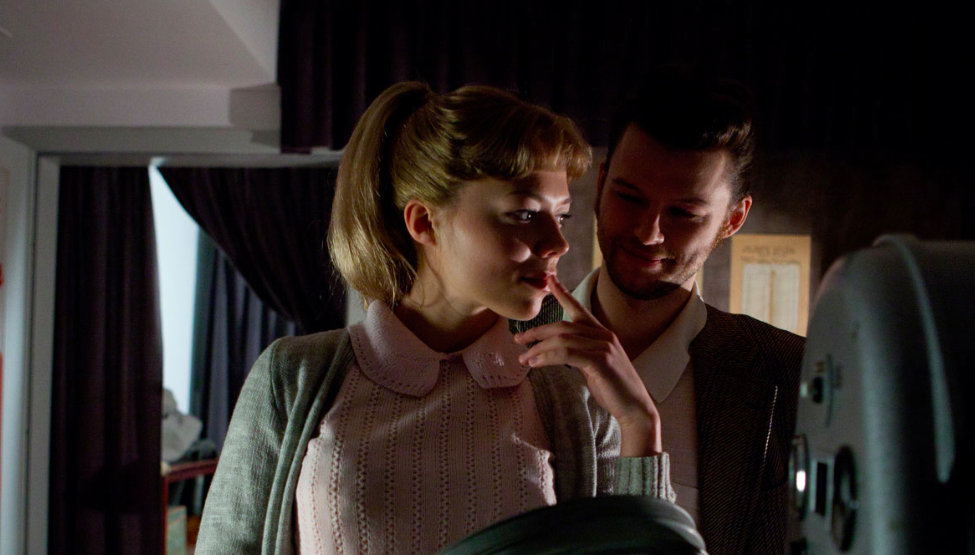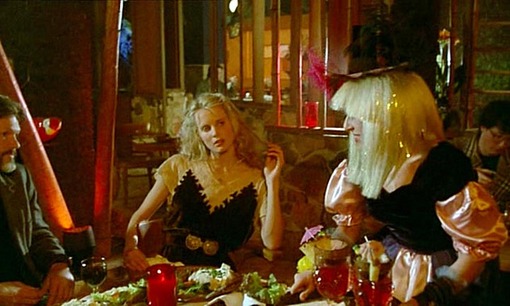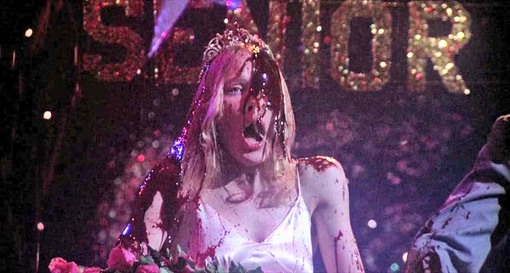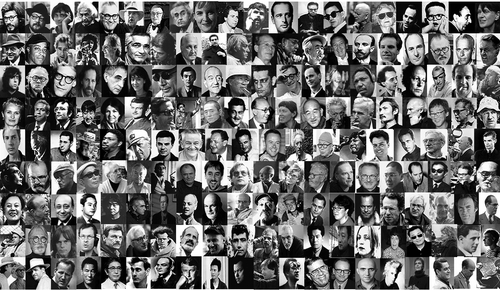Jerzy Skolimowski Movie Reviews
Blog Posts That Mention Jerzy Skolimowski
TIFF 2007: Cronenberg’s knockout punch
Jim Emerson
Make it a double
Jim Emerson
TIFF 2007: Madmen and lawyers
Jim Emerson
I, Witness: A small masterpiece of voyeurism and projection
Jim Emerson
TIFF 08: The omnivore’s dilemma
Jim Emerson
Polish poetry in motion
Jim Emerson
My 2008 best short-list
Jim Emerson
Taking the Plunge
Michał Oleszczyk
The Best Films of 2024
The Editors
Criterion Launches Excellent Janus Contemporaries Series
Brian Tallerico
KVIFF 2022: EO, Like a Fish on the Moon, The Eight Mountains, Father’s Day
Robert Daniels
Cannes 2022: An Annotated Table of Contents
The Editors
Cannes 2022: Triangle of Sadness wins Palme d’Or
Ben Kenigsberg
Cannes 2022 Video #2: The Mother and the Whore, Armageddon Time, The Eight Mountains, EO
Chaz Ebert
Cannes 2022: Armageddon Time, Eo, Rodeo
Ben Kenigsberg
Cannes Film Festival Preview 2022
Barbara Scharres
Cannes Official Selection Line-Up Overview with Digressions You Won’t Find Anywhere Else
Lisa Nesselson
Limits Don’t Exist: Michael Almereyda on Tesla
Scout Tafoya
Cannes 2018: Scorsese Honored at 50th Directors’ Fortnight; Rafiki, a Banned Kenyan Film, Screens
Ben Kenigsberg
Interview: Michael Phillips, Recipient of the 2017 Roger Ebert Award
Susan Wloszczyna
Andrzej Wajda’s Ten Best Films
Michał Oleszczyk
The 27th Polish Film Festival in America
Bill Stamets
The dogs are loose! (Part 2)
Jim Emerson
Deep Focus: Freedom of (eye-)movementin eight of the greatest long takes ever
Jim Emerson
Opening Shots Pop Quiz: Answers
Jim Emerson
My scene with Kristofferson
Jim Emerson
The great movies (almost) nobody voted for
Jim Emerson
TIFF 08: What are you looking at?
Jim Emerson
With mustard
Jim Emerson
Name That Director!
Jim Emerson
Cannes all winners
Roger Ebert
Popular Reviews

The best movie reviews, in your inbox
